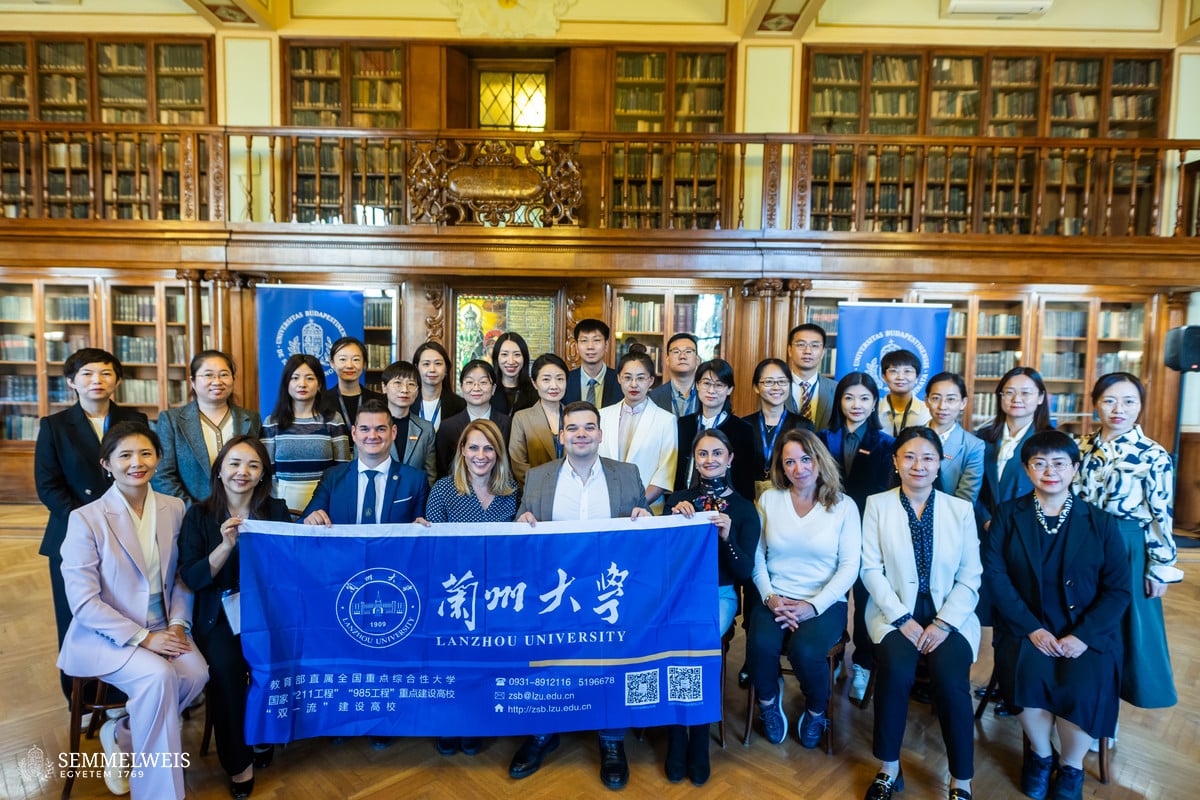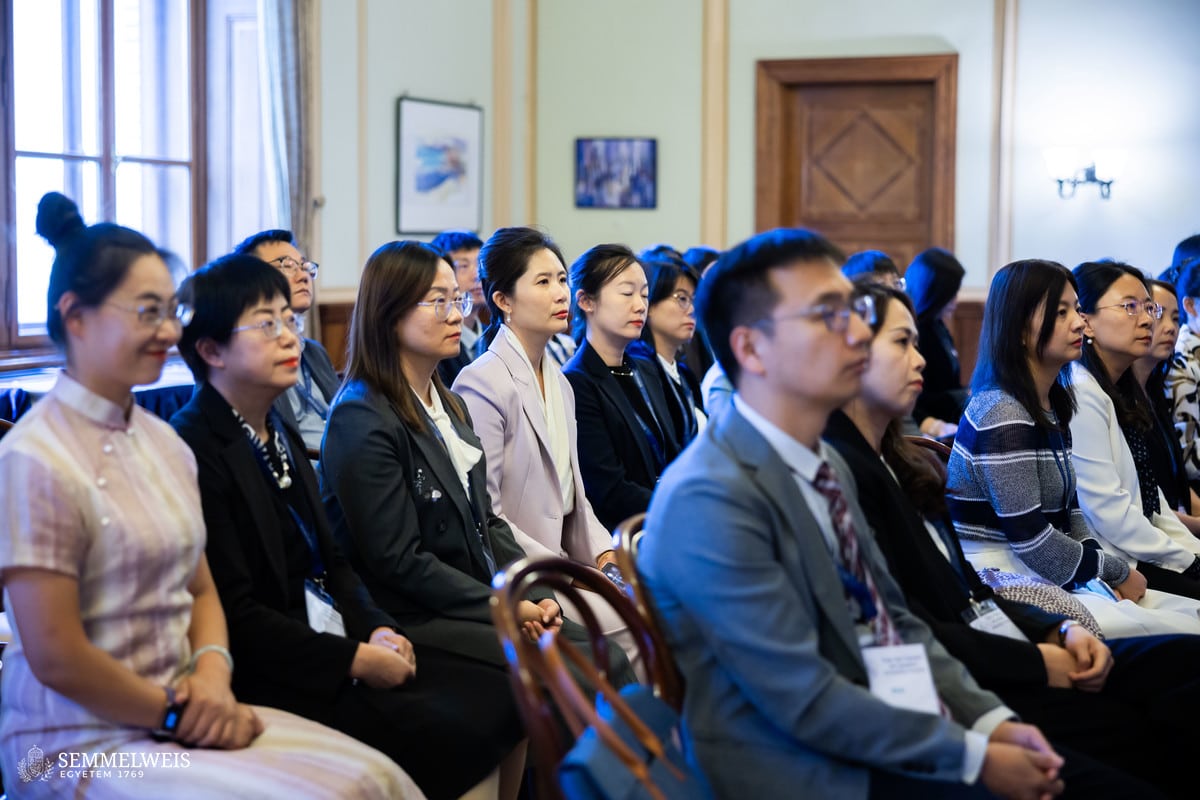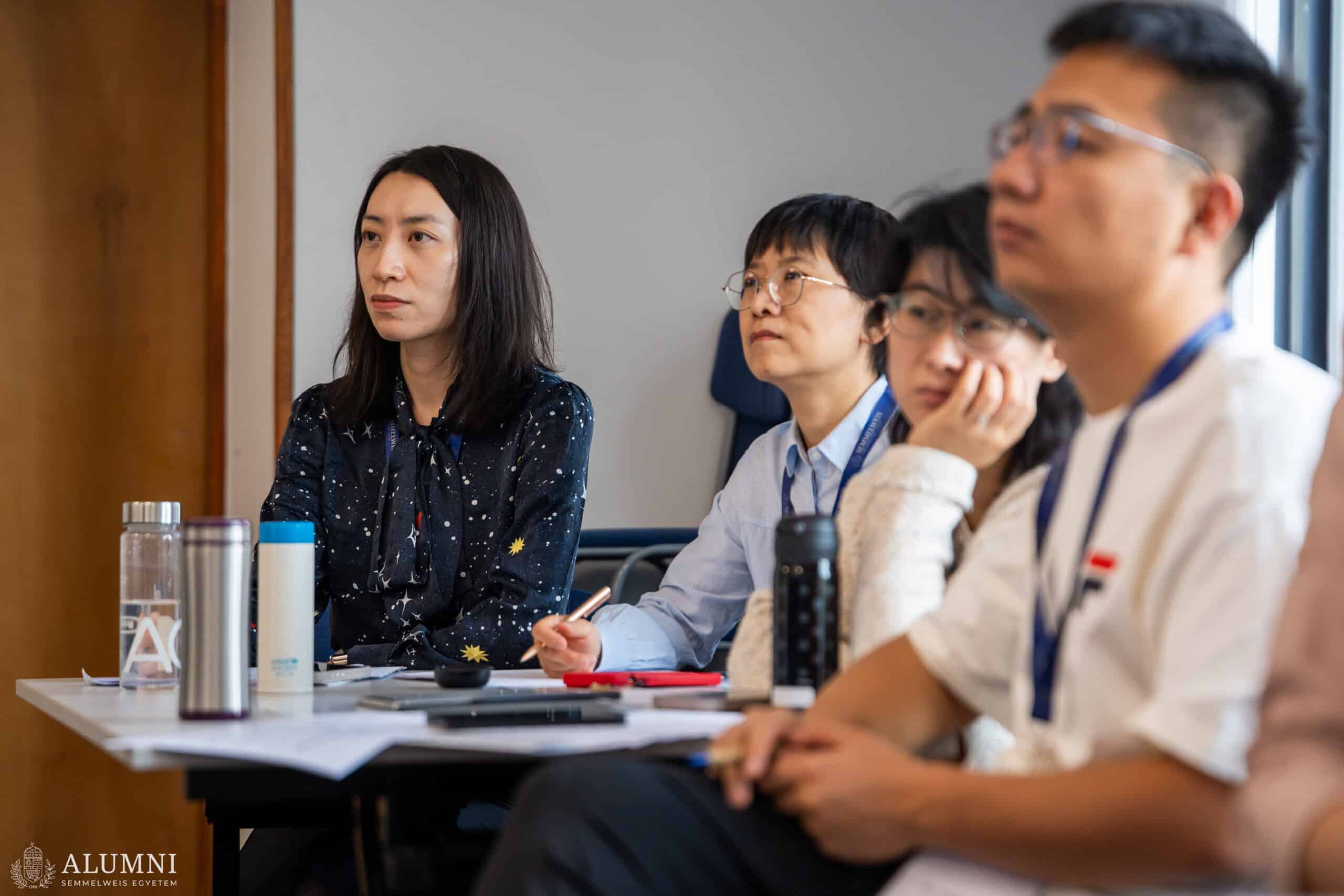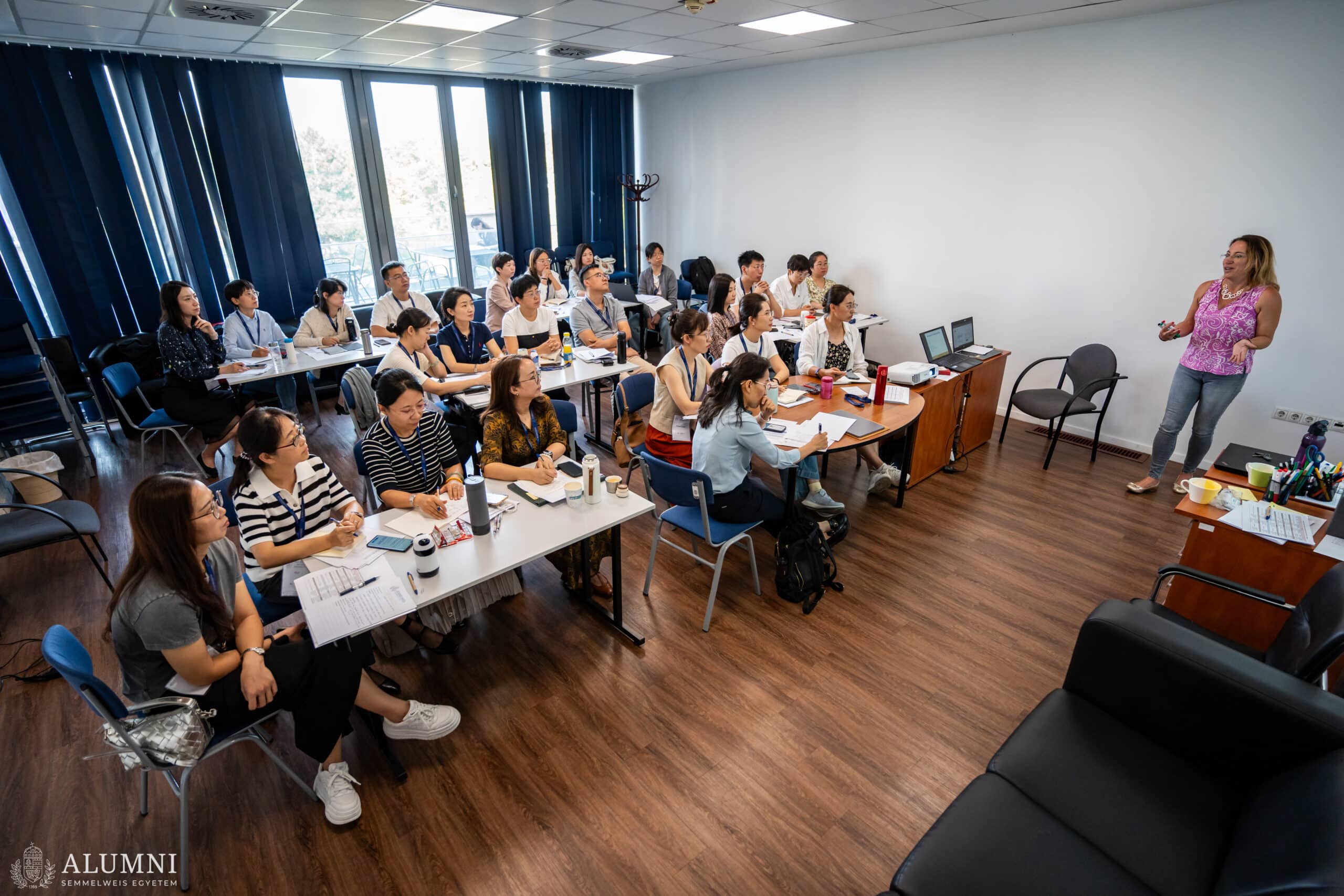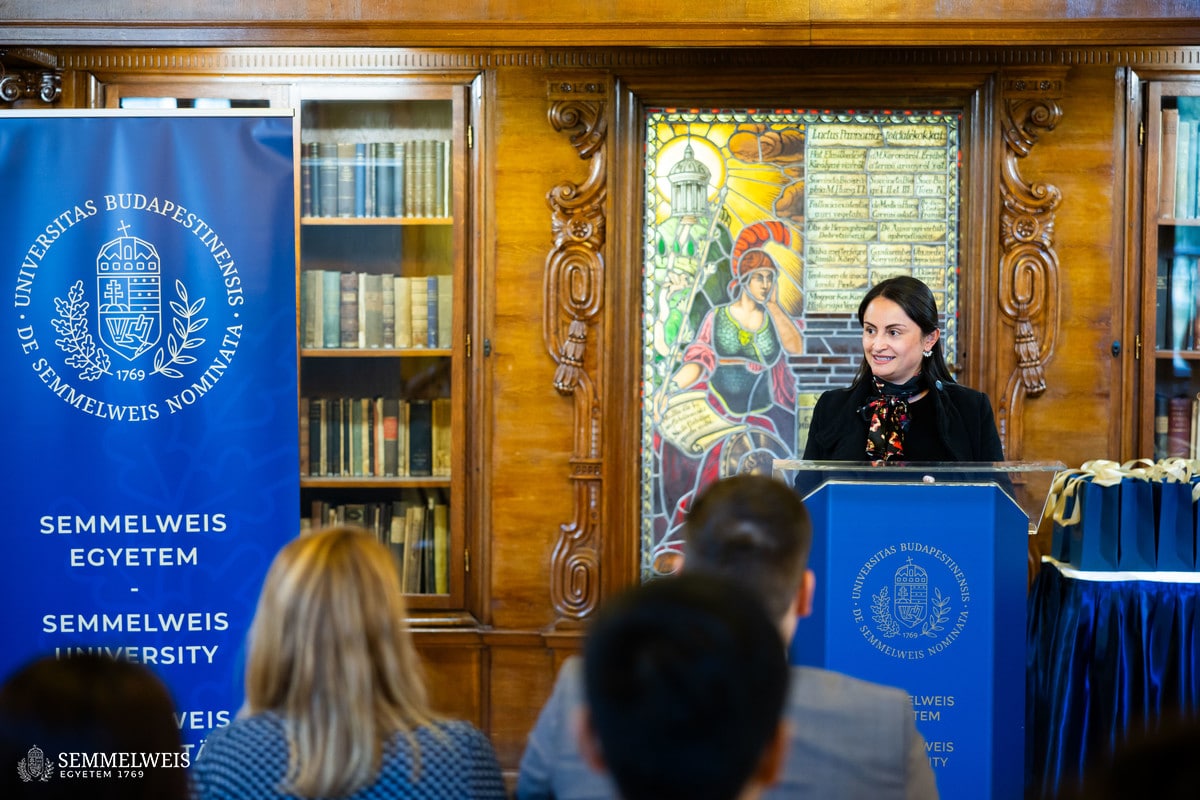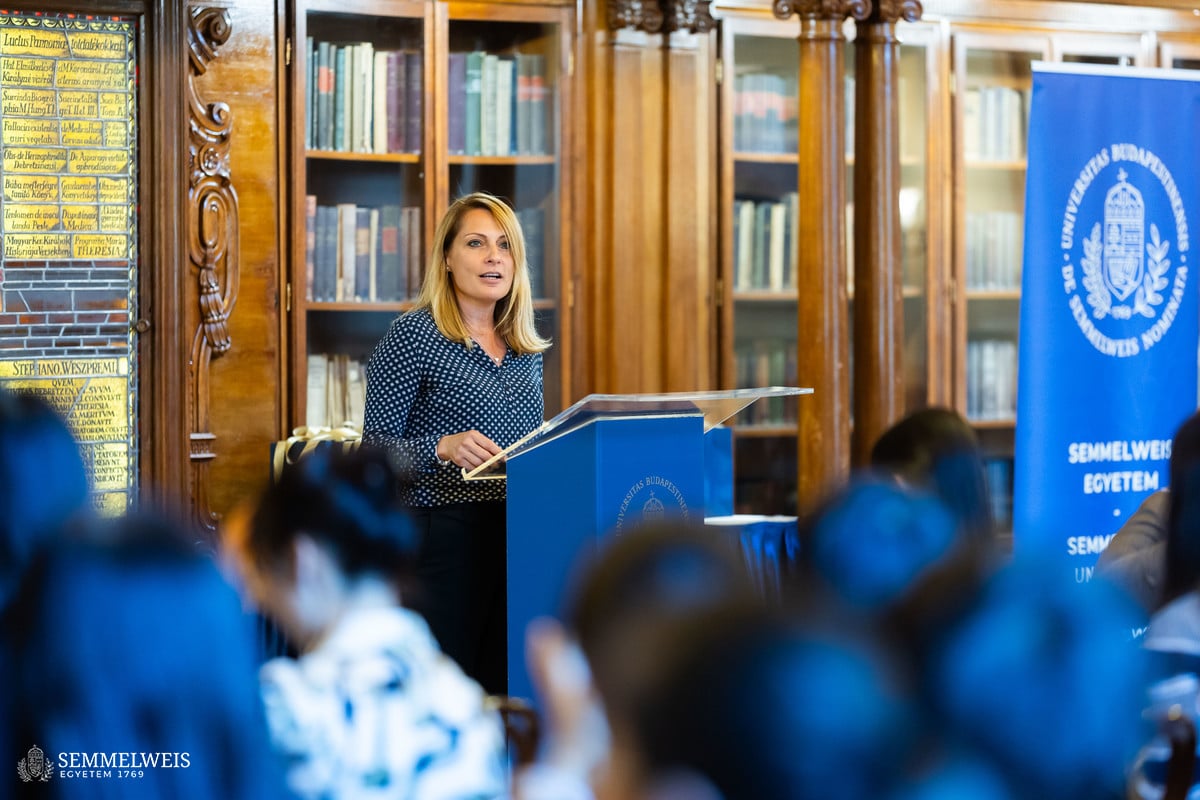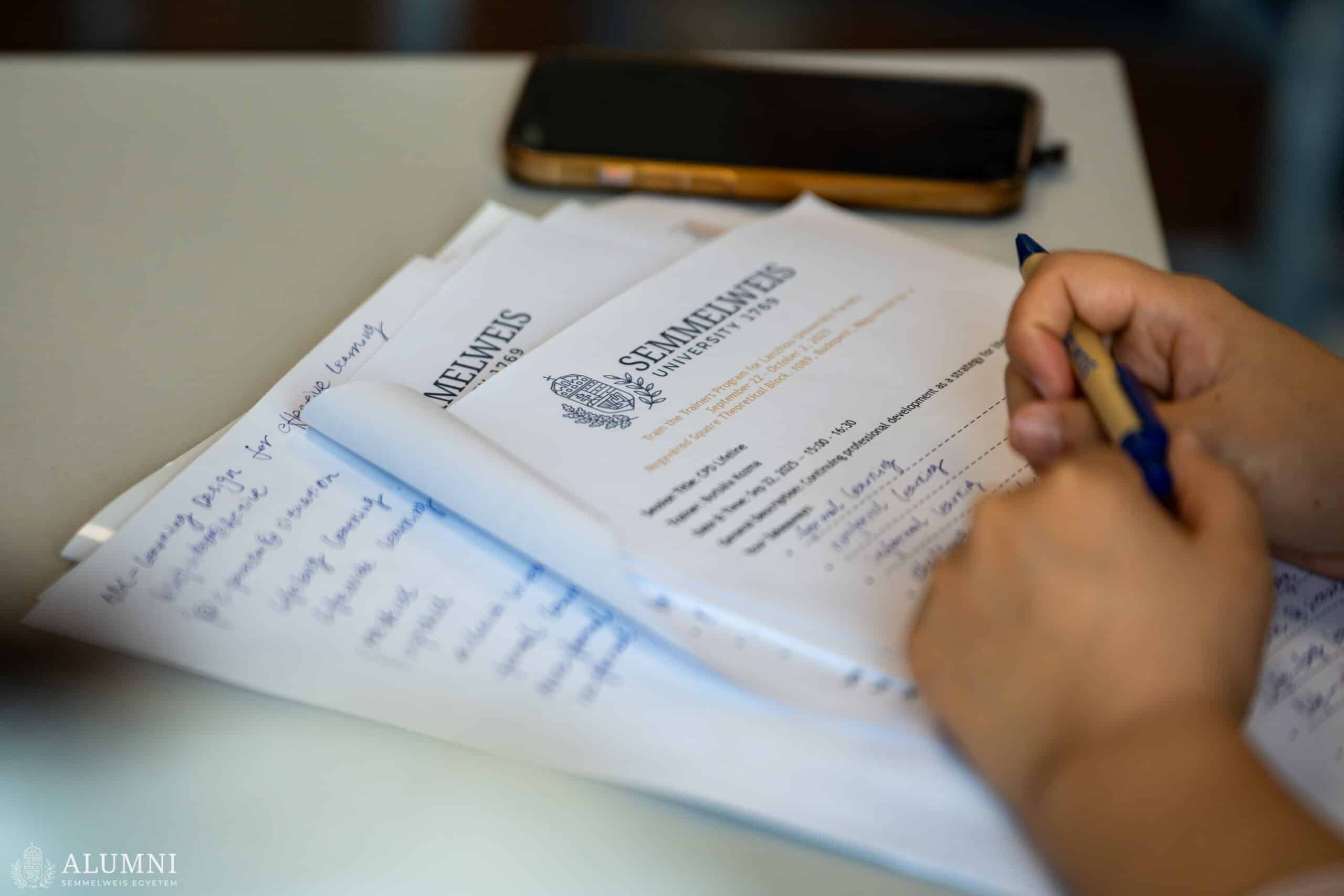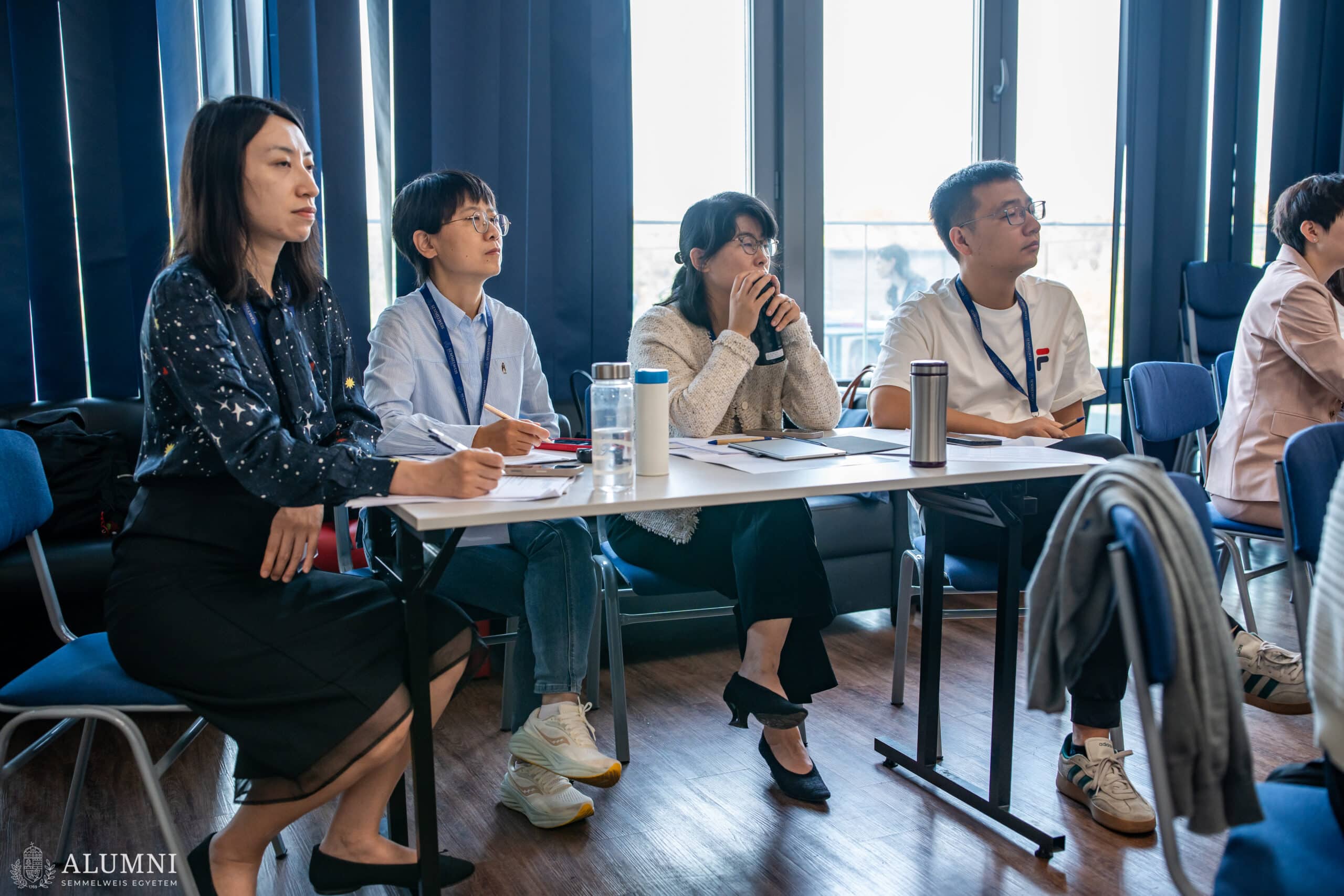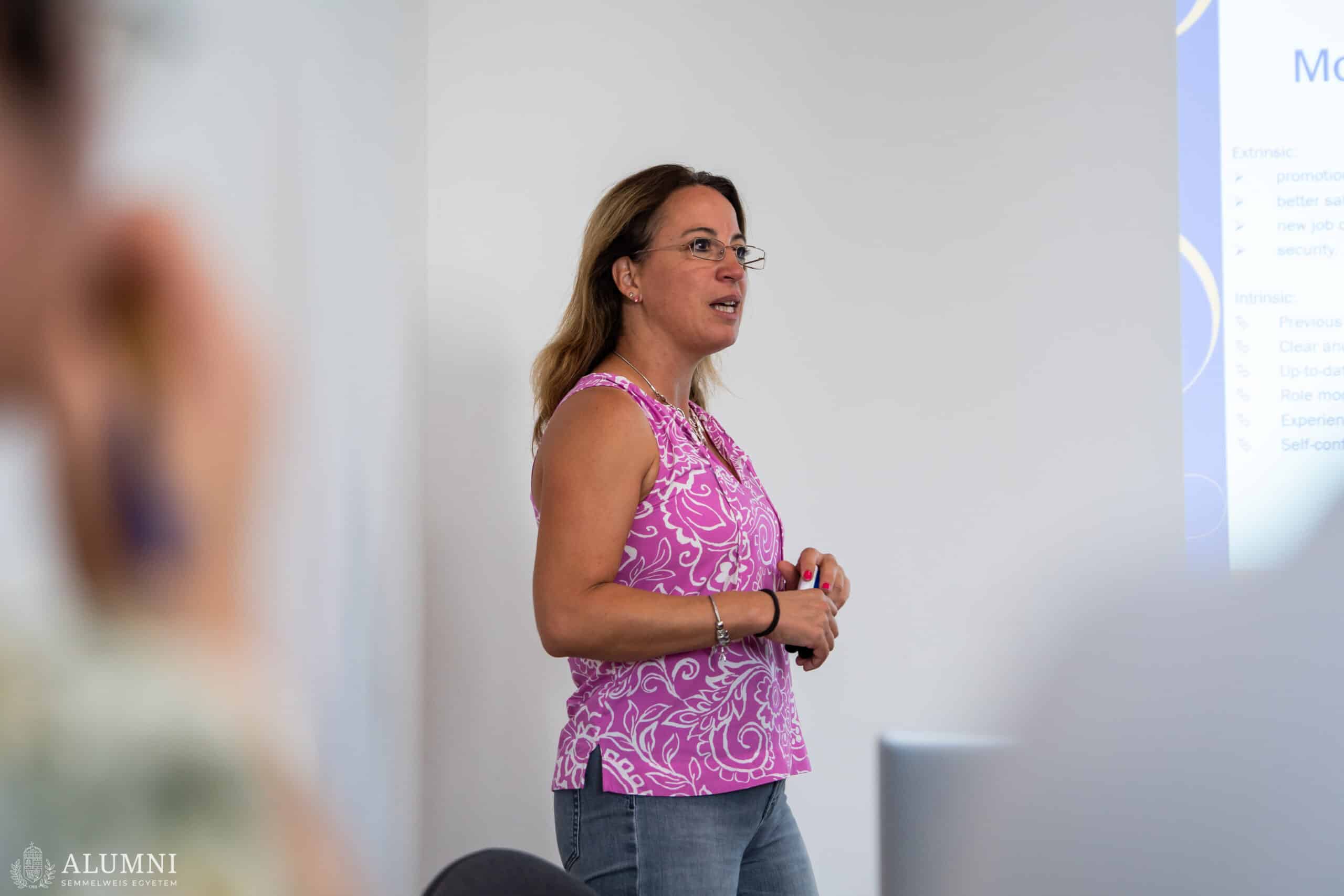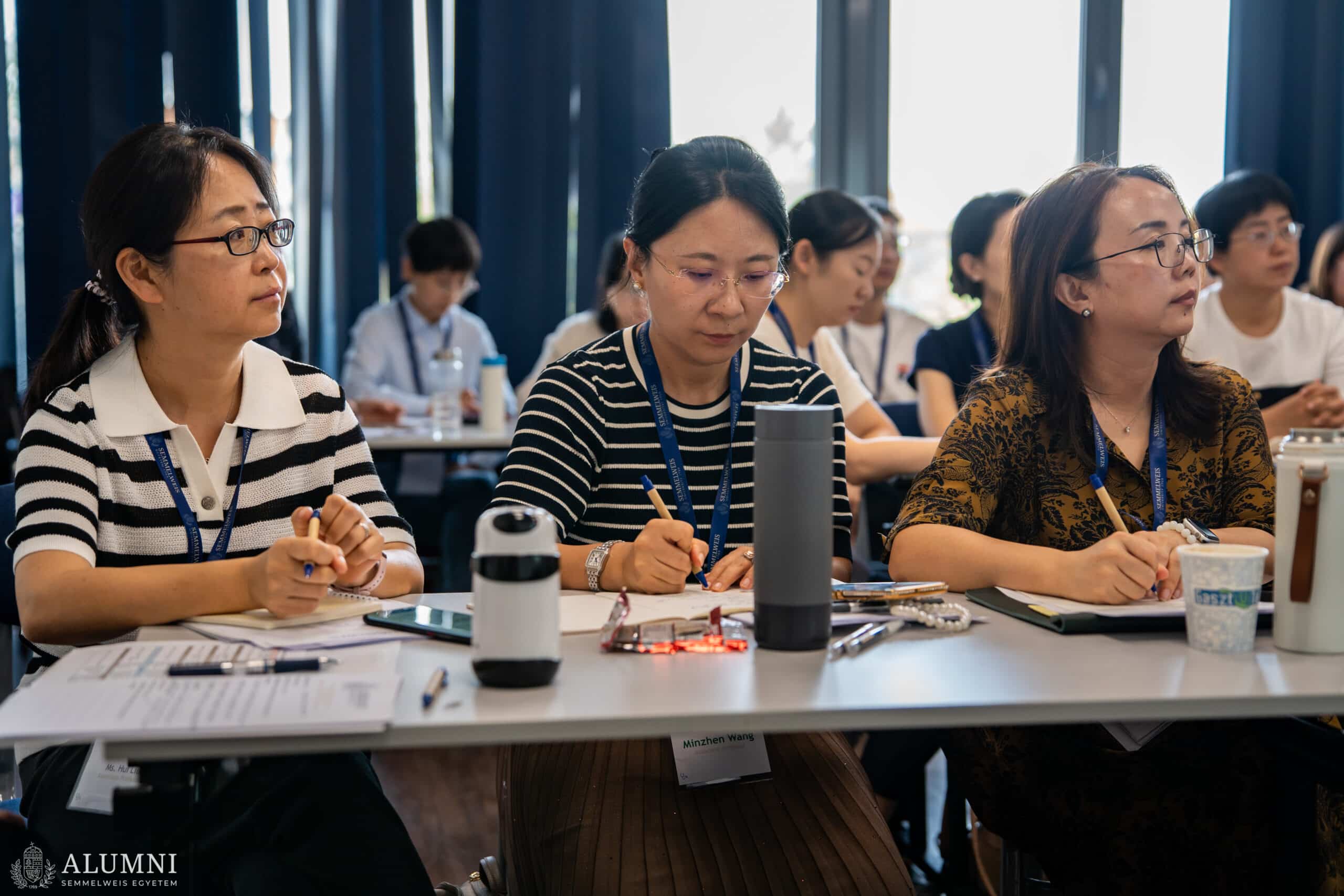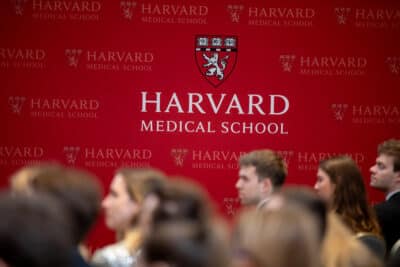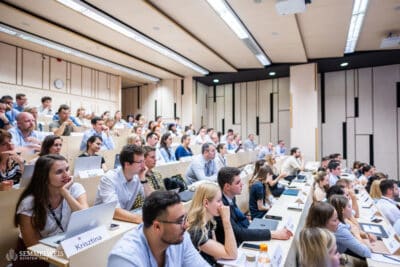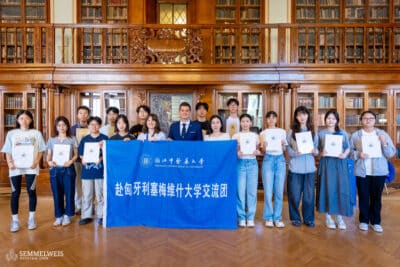Participants explored how generational changes are reshaping the role of educators, learned strategies for building communities of practice, and engaged with the principles of curriculum development, constructive pedagogy, large- and small-group teaching, feedback and debriefing, and effective assessment methods. These sessions laid the foundation for strengthening teaching quality and academic leadership in their own institutions.
Innovation was a central theme throughout the training. Educators were introduced to gamification techniques, blended learning models, project-based approaches that foster deeper student engagement and the principles of pedagogical innovation. They took part in clinical bedside teaching and dental propedeutics practice as well, experiencing firsthand how modern pedagogy can be directly applied to healthcare training.
Another key topic was digital transformation. Sessions on artificial intelligence, robotics, and simulation provided participants with insights into the opportunities and challenges of technology-enhanced education. Training on Learning Management Systems and IT support strategies provided educators with practical examples of how Semmelweis University approaches these areas, helping them navigate digital platforms more effectively. Discussions on digital literacy highlighted the importance of equipping both teachers and students with the skills needed to succeed in a technology-driven academic environment.
Beyond AI, the program highlighted the importance of continuous improvement in education. Using Semmelweis University’s own best practices, trainers demonstrated how academic excellence can be achieved and maintained.
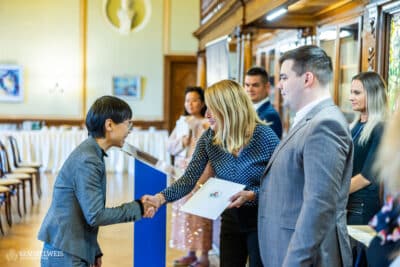 In the closing sessions, participants reflected on their learning journey and considered how the knowledge and skills gained could be applied within their teaching practice at Lanzhou University. The program supported them in broadening their pedagogical perspectives and exploring innovative approaches to healthcare education. This shared initiative underlined the importance of international cooperation and provided a meaningful opportunity for professional exchange between Semmelweis University and Lanzhou University.
In the closing sessions, participants reflected on their learning journey and considered how the knowledge and skills gained could be applied within their teaching practice at Lanzhou University. The program supported them in broadening their pedagogical perspectives and exploring innovative approaches to healthcare education. This shared initiative underlined the importance of international cooperation and provided a meaningful opportunity for professional exchange between Semmelweis University and Lanzhou University.
“This session really helped me understand AI, especially large language models and how assistants think. Learning the ‘Anatomy of a Prompt’ (Role, Task, Tone) showed us exactly how to ask smarter questions to get better answers,” said internship mentor Zhang Yuqiu.
Associate Professor Xiaohui Wang shared that “the greatest value was the shift in my mindset towards intentional design in teaching. The concepts of constructive alignment and active learning have provided me with a clear and practical framework to revitalize my courses. I leave the program feeling re-energized about my teaching and equipped with concrete tools to make a tangible impact in my classroom.”
The short programs available at Semmelweis University are organized by the Directorate of International Relations and Alumni Affairs. The directorate offers a variety of fee-based short courses and training programs for students and practicing professionals. More information is available on the directorate’s website.
Laura Ződi, Directorate of International Relations and Alumni Affairs
Photos by Bálint Barta – Directorate of Communication; Zoltán Lipták – Directorate of International Relations and Alumni Affairs
